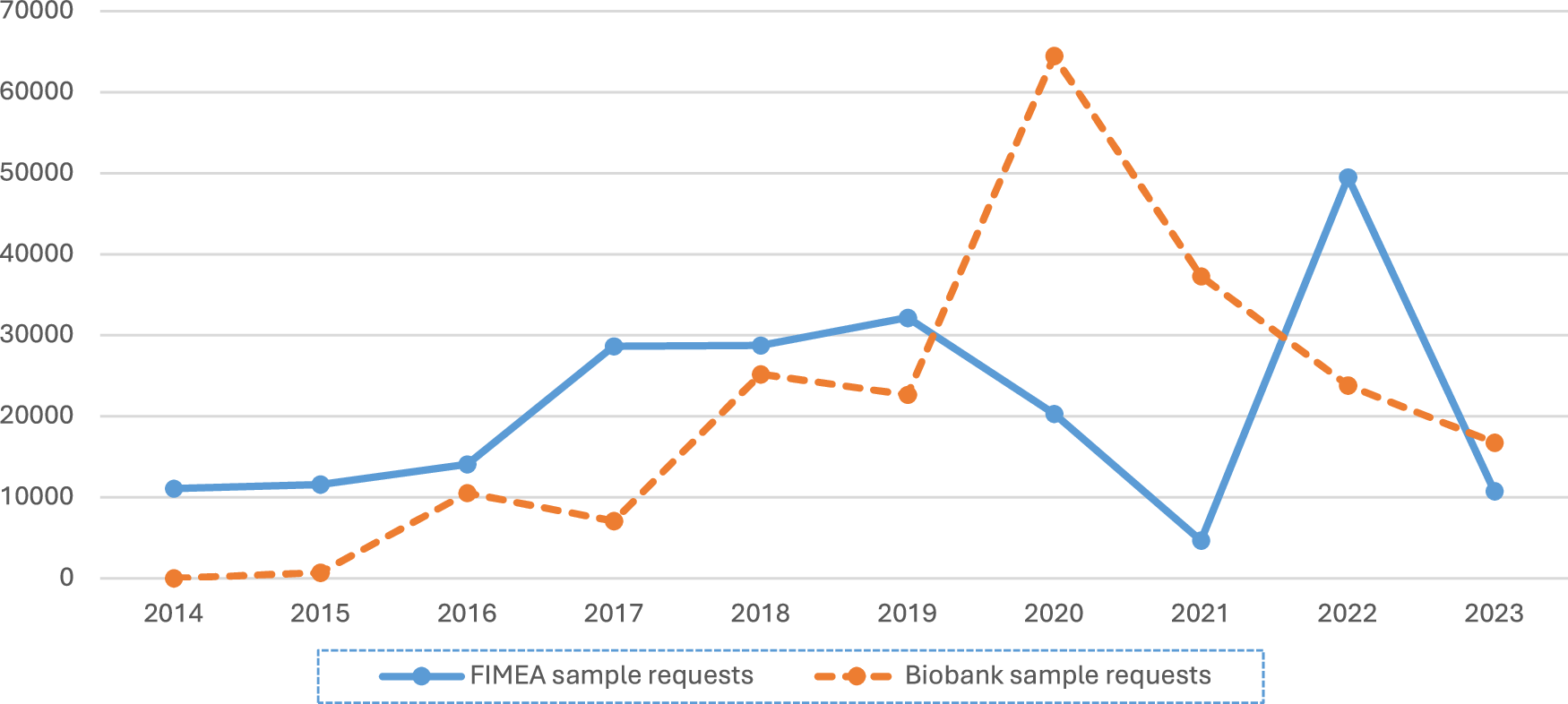Abstract: Over the past decade, Finland has steadily built one of the most comprehensive and coordinated biobanking systems in the world. Since the enactment of the Biobank Act in 2013, nearly 1.5 million biological specimens have been shared for research across 998 projects, a major leap toward data-driven, personalized healthcare. Backed by the Finnish Biobank Cooperative (FINBB), Finland’s infrastructure enables centralized access to high-quality tissue, blood, and DNA specimens alongside rich health data. This system not only supports cutting-edge research but also attracts international collaborations through initiatives like FinnGen, which alone accounts for over 500,000 genotyped specimens.
The study highlights a crucial but often overlooked metric: the actual use of specimens, not just their availability. It underlines how transparent reporting and common standards are vital to assess the impact of biobanks, especially as they evolve into repositories of clinical and genomic data. Despite challenges in standardizing data formats and tracking downstream research outcomes, Finland’s model shows how integrated legislation, public support, and technological infrastructure can create a national resource for biomedical innovation. The findings also underscore the growing importance of aligning biobank strategies with broader European frameworks like the EHDS.
Read the full study here: https://www.nature.com/articles/s41431-025-01906-w.
